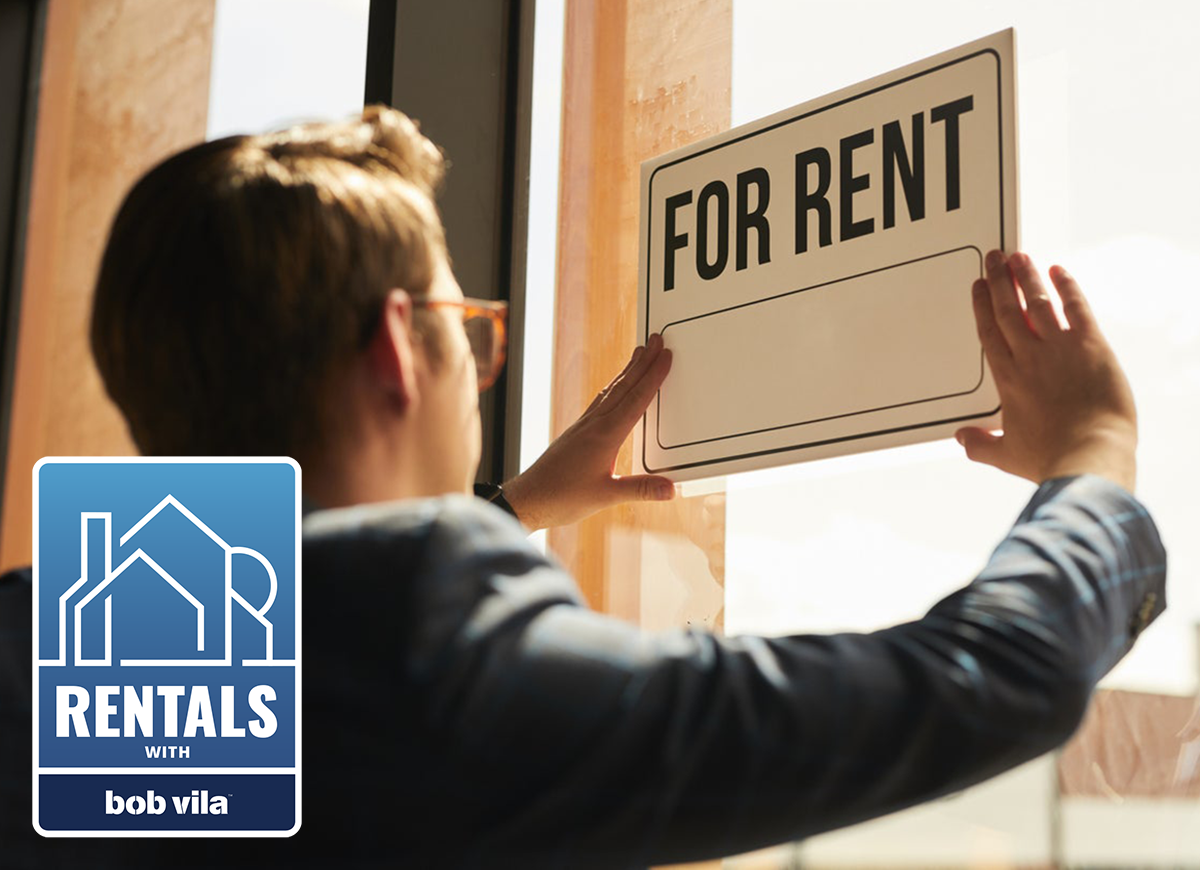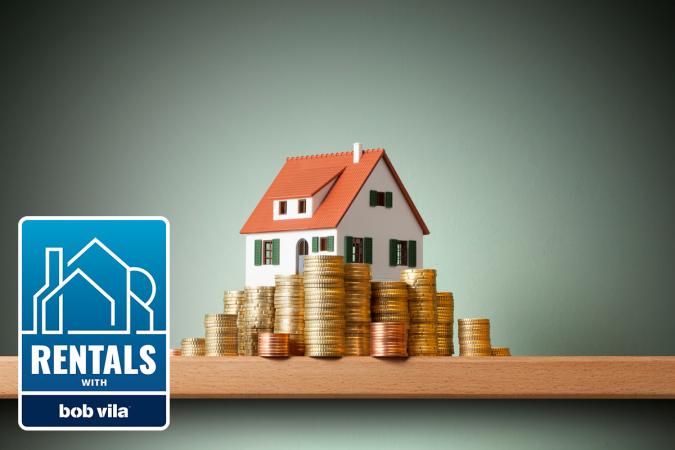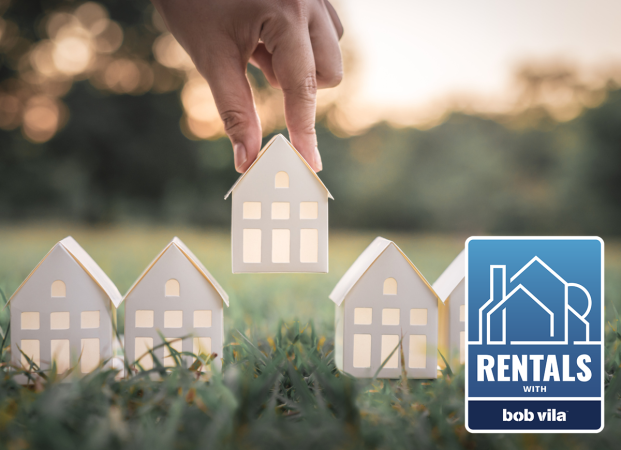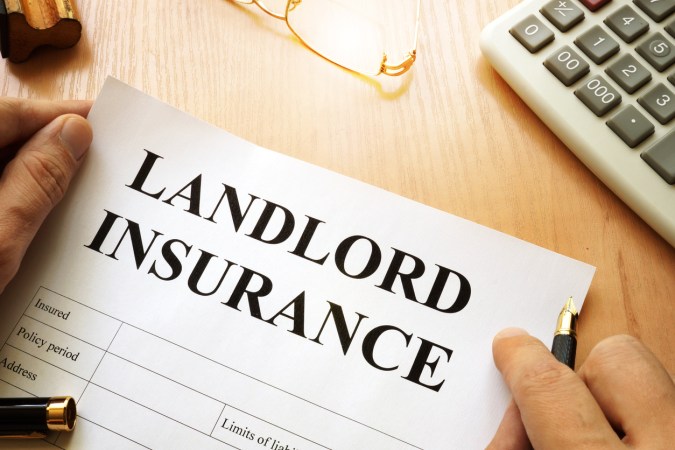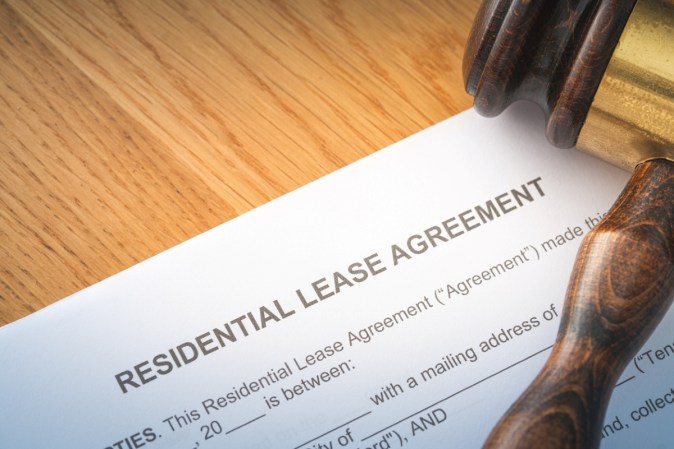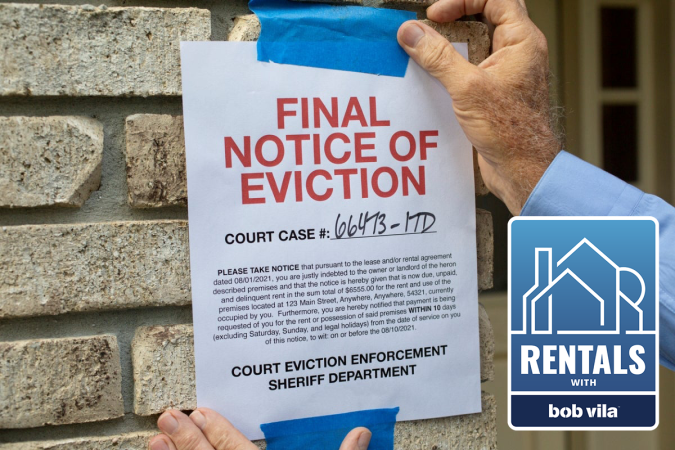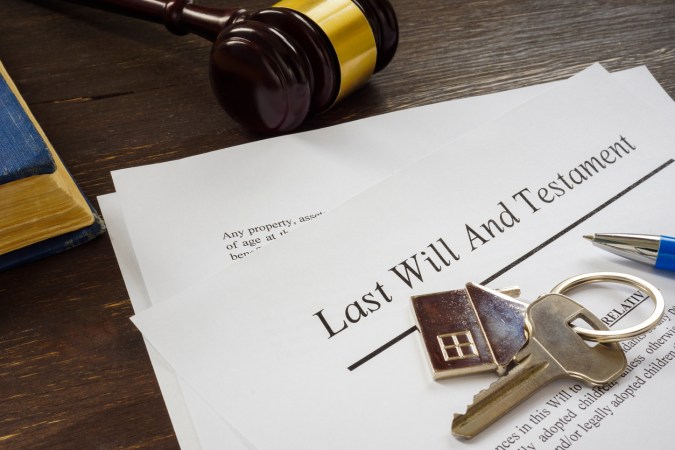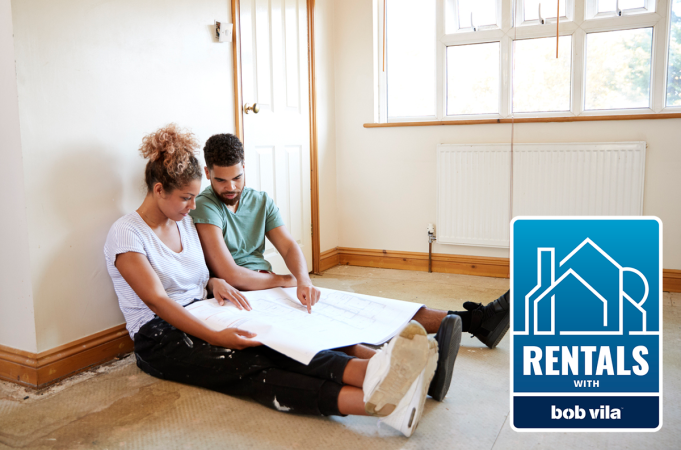We may earn revenue from the products available on this page and participate in affiliate programs. Learn More ›
Welcome to The State of Rentals with Bob Vila, a series dedicated to showing both landlords and tenants the crucial steps in finding the right property, potential challenges with renting, precautions to protect your interests, and ideas for making the most of your next move. We’ve included current market trends mixed with Bob’s tried-and-true advice, our vetted shopping guides, and the behind-the-scenes tips you need to make your rental a home.
Although the profit generated from real estate investing is often referred to as “passive” income, property owners cannot adopt a relaxed approach to running their businesses. For success, specific laws and protocols must be followed. Ignore them, and ruin rather than riches may lie ahead. Here are some of the main things to pay attention to when investing in residential real estate.
1. Forgoing an Inspection

Unless you’re an experienced contractor or investor, you should always pay for a thorough property inspection before buying a rental property. Visible defects such as watermarks from leaks, mold, and general decay are easily spotted, but you will have to know about the hidden issues such as leaking pipes and faulty wiring. Your inspection should include a video feed to observe the functionality of the sewer lines leading from the home to the street. If these are corroded or blocked, repairs can cost thousands of dollars, ruining your cash flow for years to come. A simple $500-$1000 inspection can spot these problems easily.
RELATED: 9 Things to Consider Before You Choose a Rental Property
2. Having Inadequate Insurance
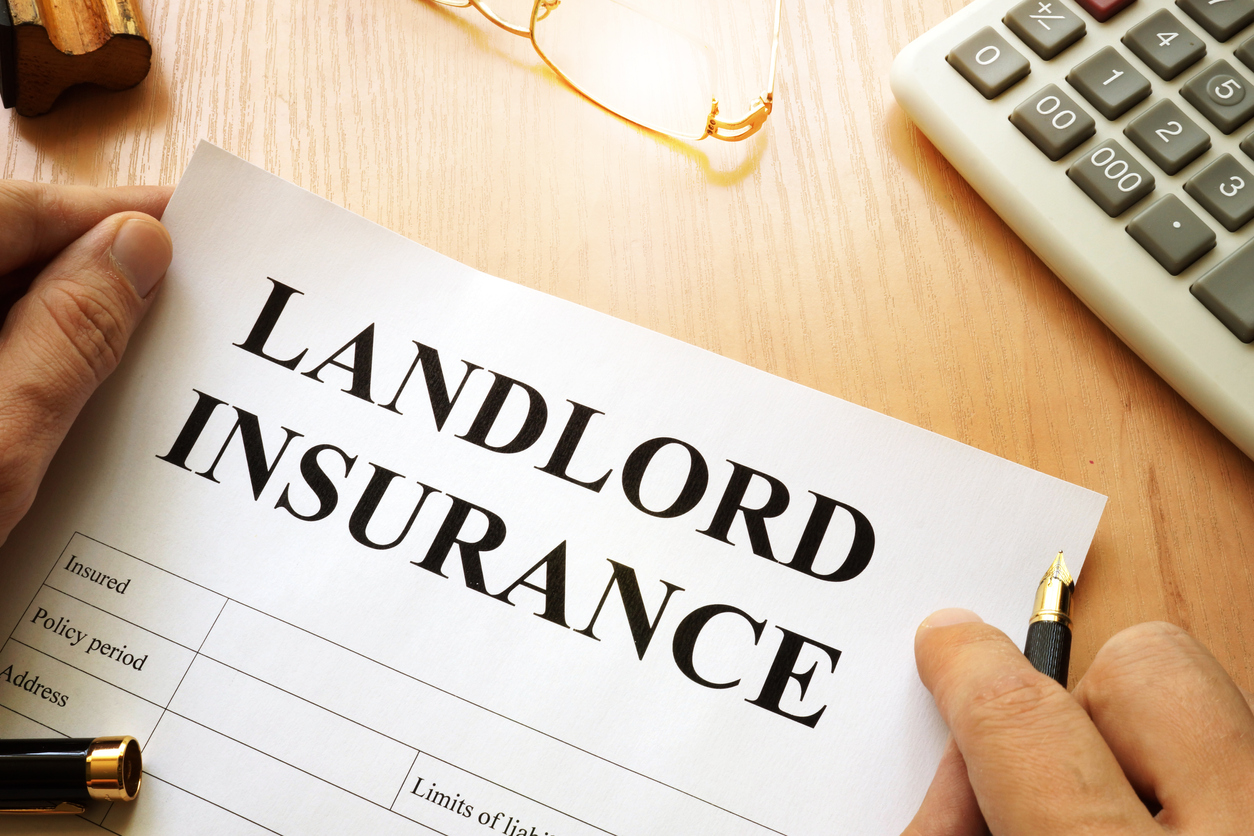
A robust insurance policy is a buffer that protects a landlord from being sued if a catastrophe happens to your building, such as a fire or injury to a tenant. Unfortunately, many landlords adopt an attitude that “it will never happen to me,” and purchase the cheapest insurance policy they can find. This is one area where you cannot afford to skimp. Real estate investing is a highly litigious profession and one area where you should probably buy more insurance than required.
RELATED: Landlord Insurance vs. Homeowners Insurance: What’s the Difference, and Which One Do You Need?
3. Not Forming an LLC
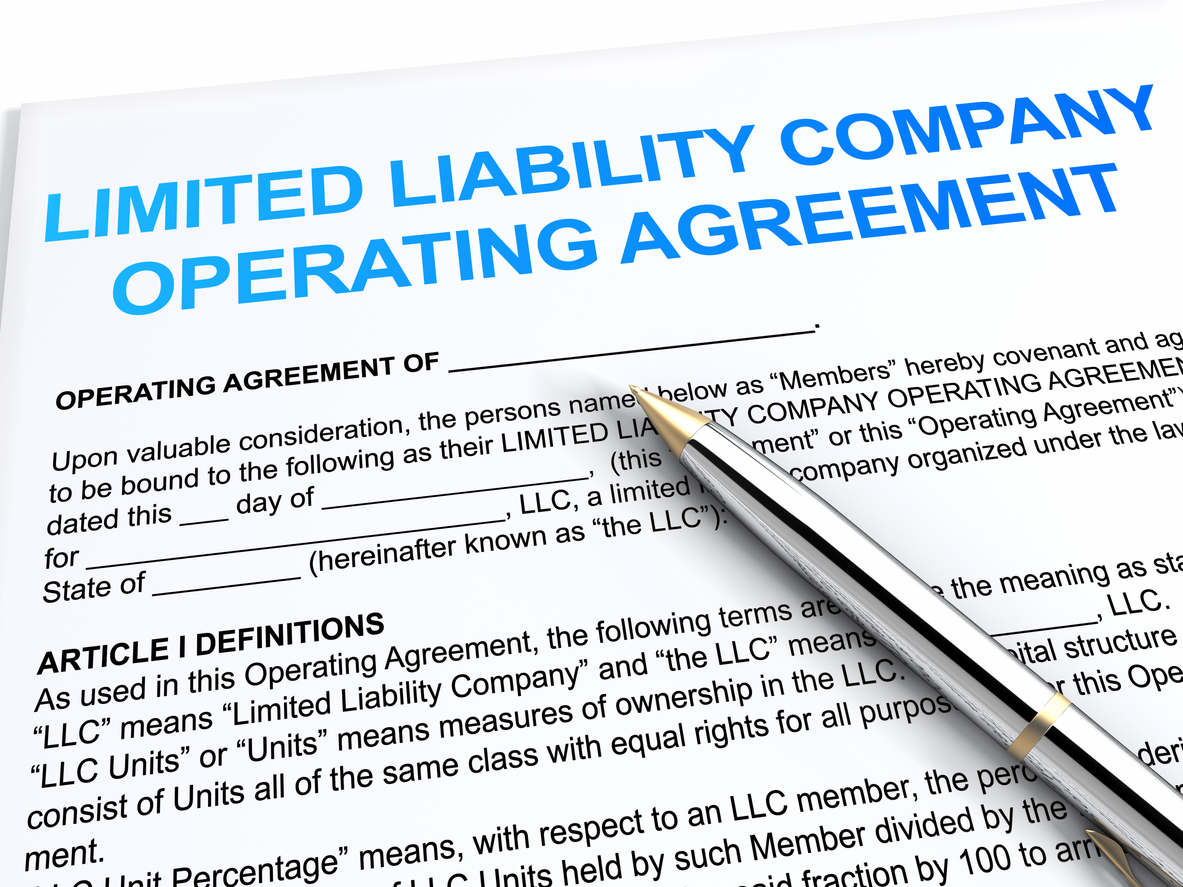
Owning a rental property in your own name exposes you to a lawsuit where your personal possessions (your home, car and savings) are at risk should you get sued. Put your property in an LLC or another corporate entity and make sure you do not co-mingle funds between your personal accounts and business account to avoid exposure to a lawsuit. Additional forms of protection include holding companies and trusts that can operate in addition to an LLC.
RELATED: The Best Property Management Software
4. Not Screening Your Tenants, Including a Credit Check

A vacant rental unit can bring on a wave of desperation in landlords who want to offset their expenses with rent. This might cause them to overlook tenant screening protocols. Don’t be one of them. Once a tenant is in your unit, it’s hard to get them out so ensure you do a full credit and employment/income check before allowing them to move in. It might cost a little more initially, but the regular rental income will more than make up for it.
RELATED: How a Comprehensive Short-Term Rental Strategy Can Boost Your Rental Income
5. No Budget for Repairs and Vacancies

The unglamorous side of being a landlord is attending to mundane repairs such as clogged toilets and leaking roofs. Ignore them at your peril. You need to have a slush fund for this and budget part of your rental income for maintenance. If you don’t, your procrastination could anger your tenants and possibly result in them filing a complaint with the city that could result in a fine. Neglecting maintenance could also harm the integrity of your building, leading to more serious repairs.
RELATED: The Great Debate: Can You Over Improve a House?
6. Not Hiring a Lawyer or Seeking Legal Counsel Regarding Eviction

When evicting a tenant, unless you know exactly what you are doing, spend a little extra money and hire a lawyer to handle the process. Even a minor clerical slip-up could result in the tenant being allowed to stay in your property longer without paying rent.
RELATED: The 70% Rule in House Flipping, Explained
7. Not Understanding the Tax Benefits of Owning Real Estate

There are multiple financial advantages to owning income-producing real estate, the most obvious being depreciation. Hire an experienced accountant with an in-depth knowledge of real estate to help you realize every tax deduction you can.
RELATED: The Parts of Your Property You Can (and Can’t) Rent to Tenants
8. Claiming More Than You Should on Your Taxes

Some investors get a little overzealous when filing their tax returns and claim repair and/or investment expenses that far outweigh their rents. For example, attending a real estate investment conference in exotic locations without adequate proof could result in an IRS audit. Seek an experienced accountant to understand what is an acceptable amount of real estate deductions to claim.
9. Doing Shoddy Repairs
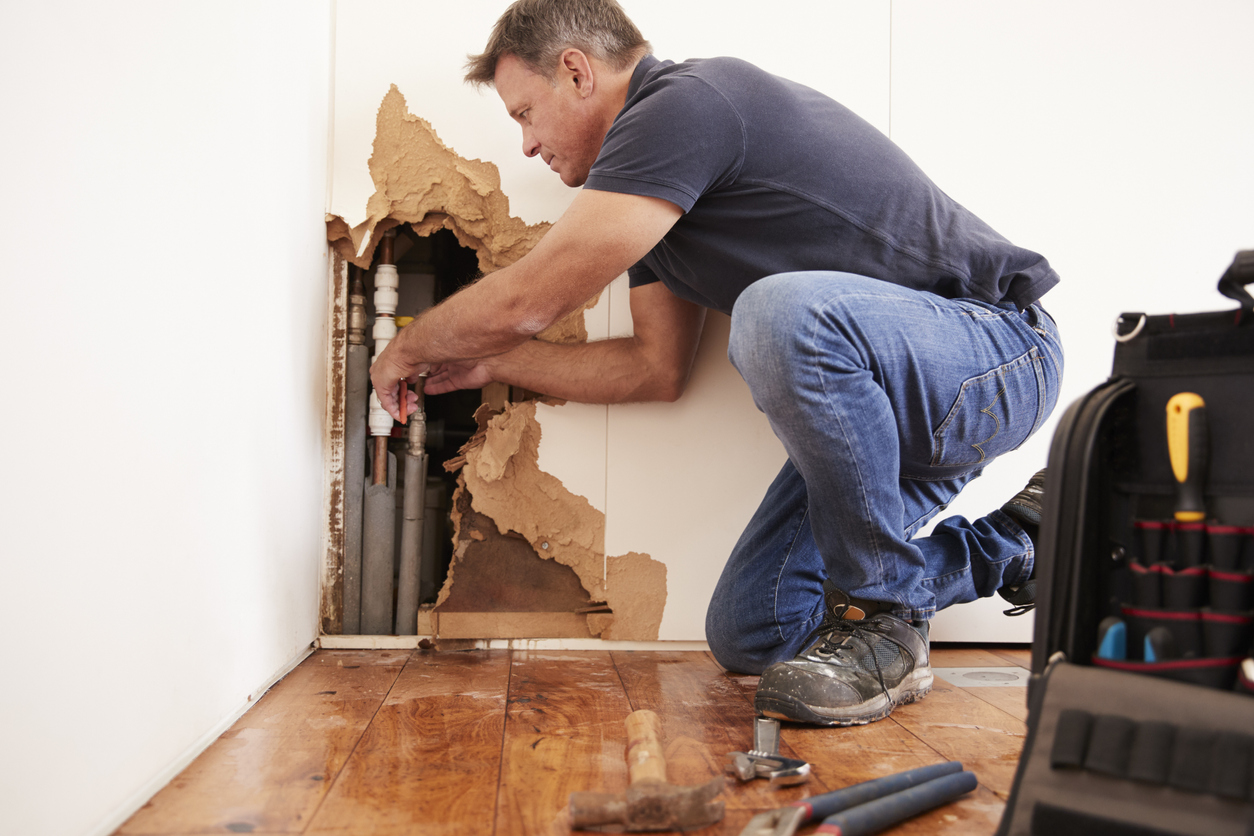
Shoddy repairs on a rental will come back to haunt you financially and possibly legally. Hire professional, screened contractors and handypersons to do your repairs if you need help to do them properly. This is especially true when it comes to electrical and plumbing.
RELATED: No Money? Here’s How You Can Still Flip a House
10. Over Leveraging

In a rush to scale their rental properties, many investors look to cash-out and refinance their existing rentals to fund new deals. When done properly this can help you achieve financial freedom quickly, but when done incorrectly, by over-leveraging, you are creating a financial house of cards that can come tumbling down should some of your rentals remain vacant or need considerable renovations. So rather than trying to scale the number of units quickly, you should focus on getting the maximum cash flow from the ones you currently own and then generate more income through saving or earning more money to fund your next purchases.
RELATED: 5 Financing Options to Kick-Start Your Real Estate Investing Career
11. Getting the Wrong Type of Loan

This is closely related to the previous point. Your interest rate determines how much your mortgage payment will be and consequently your cash flow. If your rate is too high and you cannot rent your property for enough to cover your overhead, you’ll be in big trouble. Many people who follow the BRRRR (buy, rehab, rent, refinance, repeat) method of investing borrowed hard money to initially purchase and renovate the house. Then, during the recent interest rate hikes they found that they could not refinance their home for an interest rate that allowed them to be cash positive with their investment. That’s why paying attention to interest rates is crucial when buying an investment property.
RELATED: The Best Home Warranties for Landlords
12. Not Getting a Home Warranty
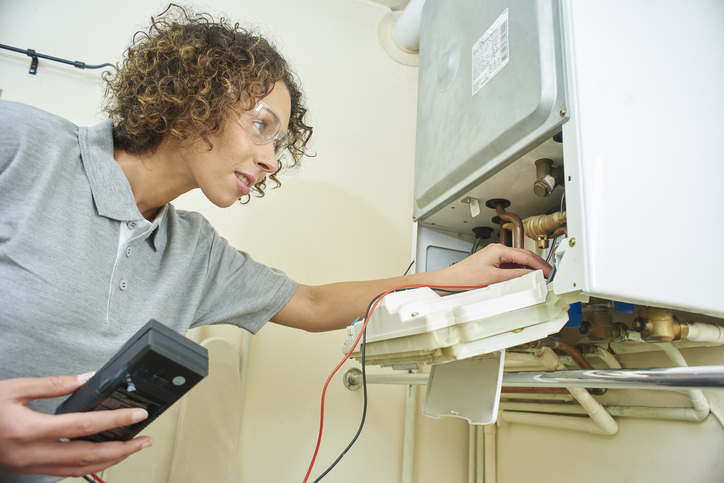
A home warranty gives landlords and tenants peace of mind. They can cost anywhere from $500-$1000 per year and cover repairs on most major appliances as well as more minor issues. Usually a landlord will pay a service fee for each visit — around $50 to $75 — but will not be responsible for the bulk of the cost. The warranty can also cover the replacement of major items such as water heaters and furnaces if they cannot be repaired. This more than pays for the warranty itself. However, warranties cannot be purchased when something goes wrong. There is usually a 30-day waiting period after you purchase the warranty before you can call in a repair. Regardless, they are well worth the investment.
RELATED: Solved! What to Do If You Can’t (or Don’t Want to) Sell Your Flip House

